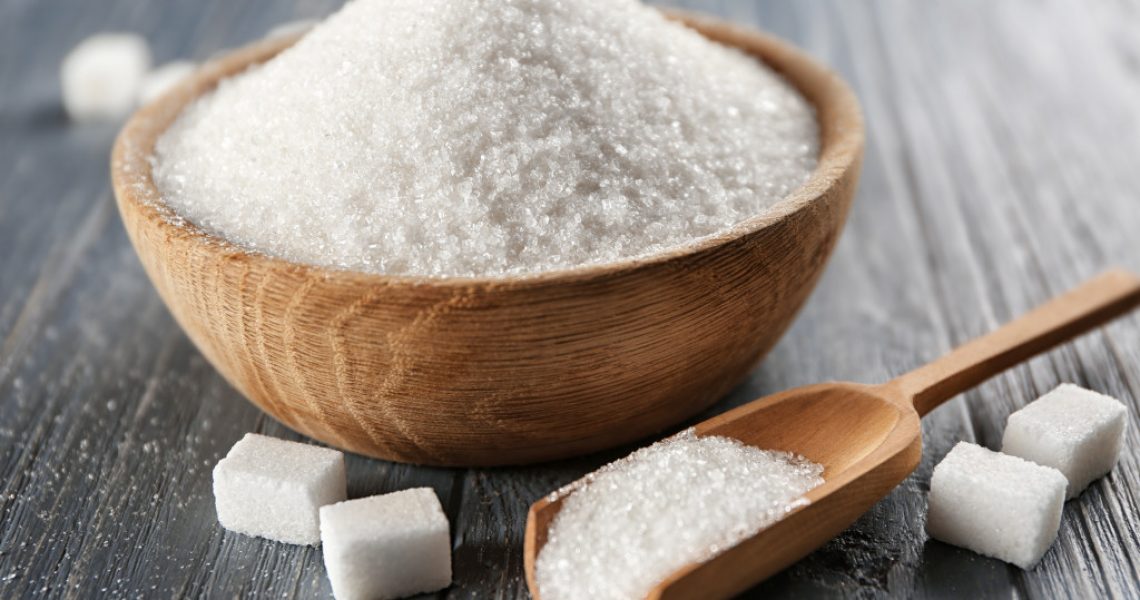You might think you know all there is to know about sugar. But the truth is, this common ingredient can be pretty complex. There’s more to sugar than meets the eye—and your taste buds. So here’s a closer look at sugar and your health.
What Is Sugar?
Sugar is a carbohydrate that occurs naturally in many fruits, vegetables, and grains. It’s also found in honey, syrup, and molasses. Sugars are added to various processed foods and drinks, such as candy, cake, cookies, soft drinks, and fruit juices.
The scientific name for sugar is “sucrose.” Sucrose is made up of two smaller molecules: glucose and fructose. Glucose is found naturally in many foods and is necessary for the body to function correctly. Fructose is a type of sugar that’s found naturally in fruits and honey. However, it can also be produced artificially and added to processed foods and drinks.
How Does Sugar Affect Your Health?
Overeating sugar can hurt your health. Here are some leading health concerns around sugar consumption.
Cavities
When a person consumes sugar, the bacteria in plaque produce acids that attack the tooth enamel. This can lead to cavities and tooth decay. This can then lead to tooth loss. Sugar can also increase the chances of gum disease and even periodontitis. Therefore, people who consume a lot of sugar are urged to visit their local dental clinic annually. This can help deal with potential tooth decay before it becomes a more significant problem. Some dentists might even offer suggestions to lessen sugar consumption among their patients.

Obesity
Overeating sugar can contribute to weight gain and obesity. This is because excess calories from sugary foods and drinks are not used by the body for energy and are instead stored as fat. As a result, being overweight or obese can increase the risk of health problems like heart disease, stroke, type 2 diabetes, and cancer.
Type 2 Diabetes
Consuming too much sugar may also increase the risk of developing type 2 diabetes. The sweet stuff can affect how your body processes glucose, leading to insulin resistance and high blood sugar levels. Over time, this can result in type 2 diabetes. People with diabetes must monitor their blood sugar levels through diet and medication.
Chronic Diseases
Overeating sugar can also increase the risk of developing chronic diseases like heart disease and liver disease. Added sugars, in particular, can contribute to fatty liver disease, leading to a buildup of fats in the liver and potentially causing scarring or inflammation. This can lead to cirrhosis, a severe condition in which the liver does not function properly.
However, consuming sugar moderately also has some positive effects. Here are some of them.
Boost of Energy
Since sugar is a carbohydrate, it can provide a quick energy boost for the body. This can positively impact physical performance and stamina during exercise, as well as help improve brain function and enhance mood.
Aiding Digestion
Sugar helps with the digestion of protein and absorption of calcium, which are both important for bone health. It also helps absorb specific vitamins and minerals.
How Much Sugar Should You Eat?
The AHA stated that men shouldn’t consume more than 36 grams of added sugars daily—about nine teaspoons or 150 calories worth. For women, the AHA recommends consuming no more than 25 grams of added sugars per day—about six teaspoons or 100 calories worth.
These recommendations are based on the assumption that the rest of your diet is low in saturated fats and cholesterol and rich in fruits, vegetables, whole grains, nuts, legumes, lean proteins, and omega-3 fatty acids.
If you consume a diet that falls within these guidelines—also known as a heart-healthy diet—you’re less likely to develop heart disease or other chronic conditions associated with excess sugar consumption. There are also some alternatives to sugar that can provide some health benefits. Here are two of the most common.
Xylitol
One of the most common sugar substitutes, xylitol, is found in plants and fruits like berries, corn husks, and mushrooms. It has about the same sweetness as sugar but with fewer calories. Xylitol may also have some dental benefits, potentially reducing the risk of cavities.
Stevia
Another popular alternative to sugar is stevia, a sweetener derived from the leaves of the plant species Stevia rebaudiana. It’s around 200 times sweeter than regular sugar but has no calories or carbohydrates. Some research suggests that it may help lower blood pressure and manage blood sugar levels for people with diabetes.
The Bottom Line
Moderation is key when it comes to sugar consumption. Make sure to limit added sugars in your diet and instead opt for naturally occurring sugars from whole fruits and vegetables. And don’t forget to brush your teeth regularly to combat potential cavities! Finally, talk to your doctor or nutritionist if you have any concerns about your sugar intake.

